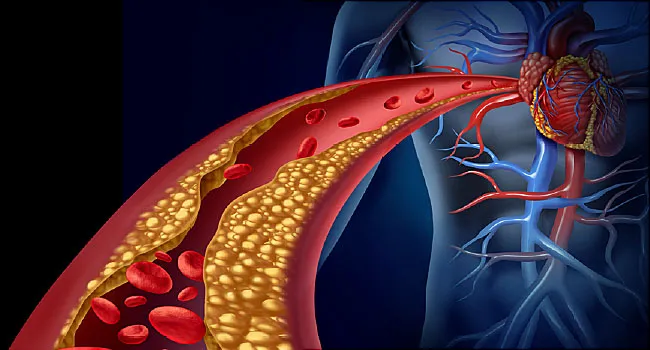For decades, eating eggs has always been controversial due to their high cholesterol content – which some studies have linked to an increased risk of heart disease. Up until now, there are still no perfect guidelines on how we should consume eggs safely without increasing risks of heart disease. Various studies have supported both sides which contributed to further confusion.

Image credit: Everyday Health
The egg itself
Let’s break down the amount of cholesterol in eggs. One egg yolk contains around 185 milligrams of cholesterol, which is more than half of the 300mg daily amount of cholesterol that the US dietary guidelines recommended until recently.
However, we should not overlook the fact that eggs also contain additional nutrients that may help lower the risk of heart disease. In addition, the moderate amount of fat in an egg, about 5 grams, is mostly monounsaturated and polyunsaturated fat.
Cholesterol isn't all negative
Cholesterol is vital for our bodies for important functions like producing steroid hormones (oestrogen, testosterone, cortisol), serving as the structural molecule that is essential to every cell membrane and production of Vitamin D.
It is important to note that low-density lipoprotein cholesterol (LDL) increases the risk of arterial blockage and cardiovascular diseases, while high-density lipoprotein (HDL) cholesterol travels to the liver, where it is broken down and removed from the body. HDL is also thought to have a protective effect against cardiovascular disease by preventing cholesterol from building up in the blood. In this case, the ratio of HDL to LDL in our bodies matters as elevated HDL counteracts the effects of LDL.
With that being said, the risk of cardiovascular diseases is actually based on how much saturated fat (trans fat) we consume. Saturated fat (trans fat) prompts your liver to change the way it processes cholesterol, and that is what sends your blood cholesterol levels up.
Foods containing trans fats, in particular, increase our LDL levels. Although some trans fats occur naturally in animal products, most are made artificially and are found in the highest levels in margarine, snacks, and some deep-fried and baked foods, such as pastry, doughnuts and cake. Meanwhile, along with prawns, eggs are the only food high in cholesterol that are low in trans fat.

Image credit: WebMD
How much you eat affects how much your body produces, but not blood cholesterol level itself
A growing body of evidence suggests that the cholesterol we get from food does not necessarily affect blood cholesterol levels or raise the risk for heart disease. Although it may seem logical that dietary cholesterol would raise blood cholesterol levels, it usually does not work that way. Our liver actually produces cholesterol in large amounts, since cholesterol is essential for certain body functions. When we eat larger amounts of high-cholesterol foods such as eggs, our liver simply starts producing less cholesterol. Conversely, when we get little cholesterol from food, our liver produces more to compensate.
It is also crucial to distinguish between dietary cholesterol and cholesterol in the blood, which are only weakly related. The focus on dietary cholesterol alone was de-emphasised as more attention was placed on the influence of saturated and trans fat on blood cholesterol. Accordingly, the Dietary Guidelines for Americans 2015 removed the prior recommendation to limit consumption of dietary cholesterol to 300 mg per day.
Bottomline
"Moderation is the key."
Let’s not neglect the fact that eggs have a lot of nutrition and health benefits that make them one of the superfoods.
The research on eggs is contradictory, for now, so it depends more on individual factors for how many eggs an individual should consume per day. Those who are already at risk of cardiovascular issues may want to be more cautious than those who are not, especially if they have a family or medical history of heart disease.
That said, some experts suggest keeping your intake to about four eggs per week, especially if your diet includes other sources of saturated fat and cholesterol, like meat or dairy, and if you have certain medical diagnoses. For healthy individuals with less risk of developing cardiovascular diseases, one or two eggs per day is safe to consume.
Play it safe by talking with your doctor to figure out how eggs can fit into your diet. Also, even if you’re in generally good health, try to maintain a nutritious diet overall.
References:
- https://greatist.com/health/how-many-eggs-should-you-eat#eggs-for-bodybuilders-and-athletes
- https://www.hsph.harvard.edu/nutritionsource/food-features/eggs/
- https://www.healthline.com/nutrition/are-egg-yolks-bad#section9
- https://www.healthline.com/nutrition/how-many-eggs-should-you-eat#section2
- https://www.bbc.com/future/article/20190916-are-eggs-good-for-you
Cover image credit: The New York Times








